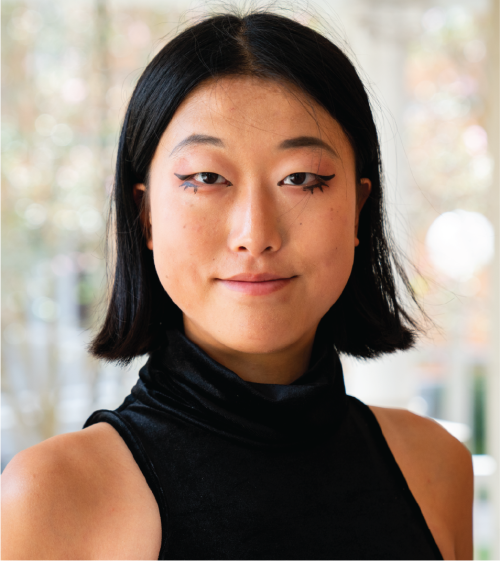
"I grew up in China mainland, and I was still in China mainland for my freshman year because of COVID. I used a VPN to watch YouTube videos and things, but what I could see was still only one slice of the whole world.
And back at the time, I took an anthropology class called “world language.” I took that class only to fulfill the requirement. But I did argue with the professor. The professor mentioned a specific language that is in China, the Uyghurs. And he mentioned how the Chinese government is committing genocide against all those people. At the time, I did not know these things happen. And I have never been to Xinjiang, but I have friends that visit there. So I thought he was perhaps anti-Asian or anti-Chinese.
I was really upset about that and I refused to take on his perspective. I wrote an essay with some supportive videos to counterbalance his viewpoint. But he said, “I'm an anthropology professor, so perhaps I know more.” And he then offered me more materials. And then, when I left China mainland and had full exposure to all of the knowledge, I began to see how his perspective is derived from and why he would think so.
I do not like making any political statement right here, but I feel it's really important that even though you feel offended at first, you should think and understand why [someone is] making the statement and notice that not everything is black and white. There could be gray areas and how you see those things and treat those things could be influential.
We always have our own identity and our acknowledgment, but if we could think from other people's perspectives, it would be more beneficial. It's all about perspective taking and with that, it's not just about helping people. It's also about helping yourself to develop."
---Undergraduate Student and Peer Advisor, NTC Center for Global Education
